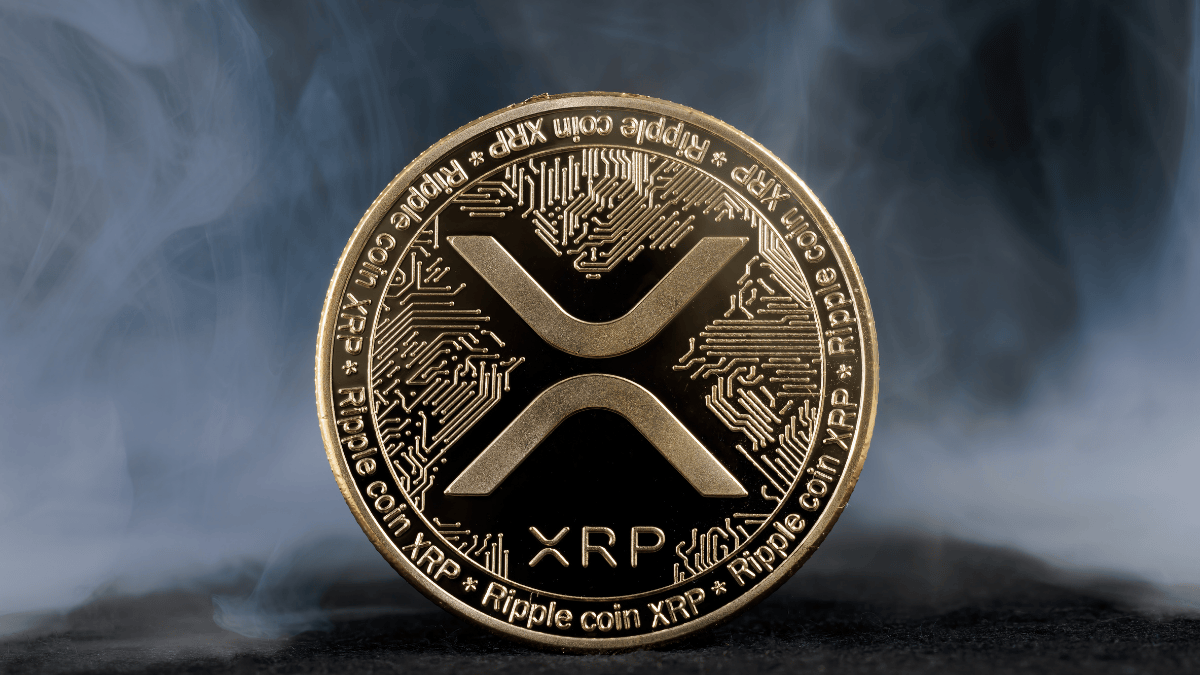In the long -standing Ripple -Sec case, the parties finally agreed. With the abandonment of the appeal of the US Securities and the Stock Exchange Commission (SEC), Ripple withdrew its objection against the appeal. Within the scope of the agreement, Ripple agreed to make a $ 50 million payment.
The reconciliation details between Ripple-SEC became clear
Stuart Alderoty, Ripple’s Chief Law Officer, announced that court decisions will be abolished after the agreement reached between the parties. Thus, Ripple will now be able to maintain its activities without the restrictions imposed in the previous judicial process.
In accordance with the agreement, Ripple will pay only $ 50 million of the previously given a fines of $ 125 million. This amount will be kept in an account that brings interest. Alderoty said on his social media account that the reconciliation is acceptable for both sides and that the process will be completed in a short time.
What will happen in the remaining process?
Legal expert Fred Rispoli said that there is only a few steps left to complete the process. First of all, the SEC Commission is expected to vote within 30 days. Then, the decision to be taken from the court will be officially removed from the legal restrictions on Ripple. The whole process is expected to be completed within 60 days.

-
The SEC commission will perform the official vote within 30 days.
-
Activity restrictions will be removed by the relevant court decision.
-
The whole process will end completely within 60 days.
With this agreement, Ripple has a legal ground that can maintain its activities more easily in the USA. In the sector, evaluations are made that this development may be an example for other crypto companies.
Does SEC’s crypto policy change?
Following the closure of the Ripple case, eyes were turned into SEC’s general crypto currency approach. SEC had recently withdrew the cases he filed for Coinbase and Kraken, and also sought solutions in his fraud against Justin Sun.
After US President Donald Trump’s re -tasked, comments are softened by policies for crypto. Paul Atkins’ nomination for the presidency of the SEC in the new period and the adoption of a more open attitude to the sector supports these evaluations.
The proceedings for Ripple have been an important example of whether XRP will be considered as securities in the sale of corporate investors. Now, after the agreement, the eyes have been translated into both the price performance of XRP and how the SEC’s approach will evolve.




